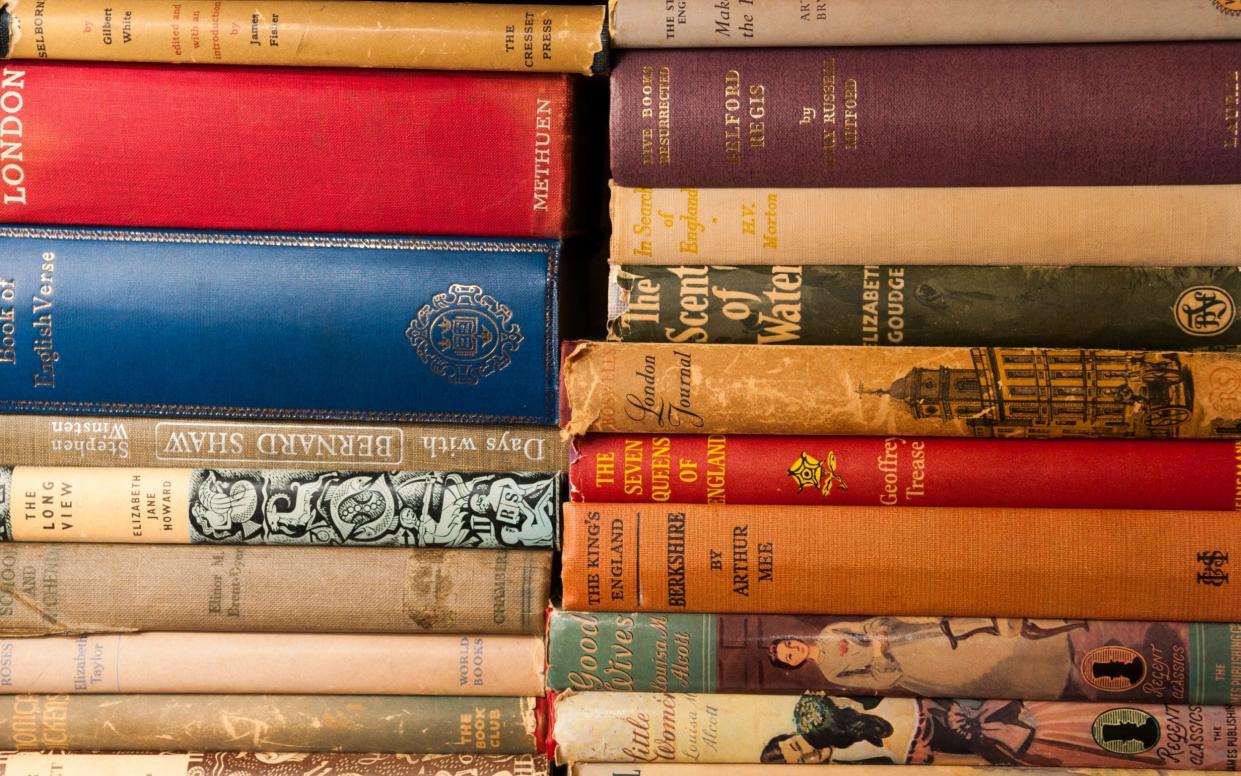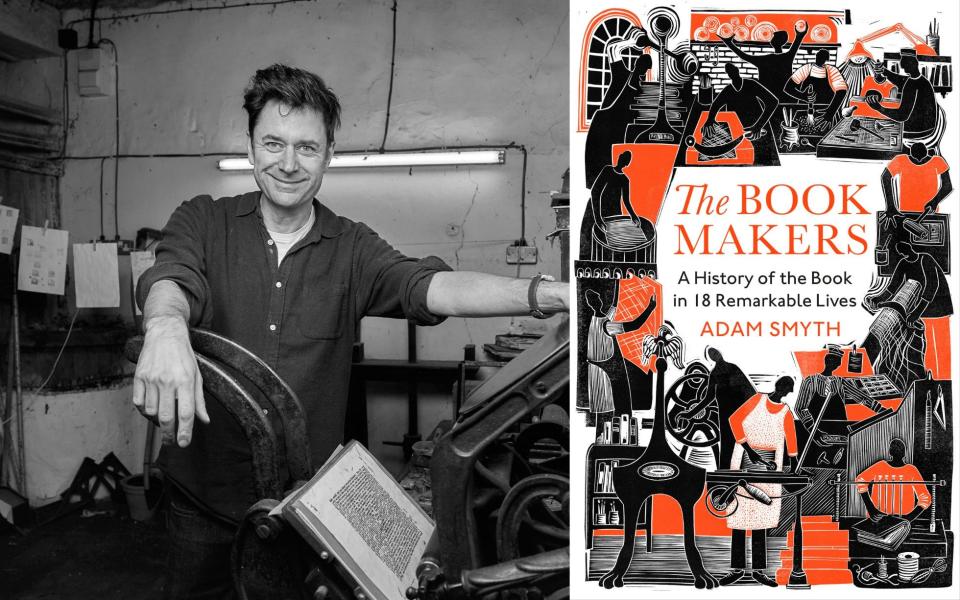How 18 oddballs and misfits changed the world of book-making

Book-reviewing is an occupation that tends quite effectively to deromanticise books as sacred objects. They arrive, often unbidden, and are brusquely sorted into wills and won’ts. Won’ts are passed on to friends, charity shops, and just occasionally (conspiracy theories, astrology, business psychology) the bin. Wills often languish unread on my desk for months, mutely indicting my lack of industry. The few that make it to the reviewing stage are subjected to a brutal procedure of spine-breaking, page folding, underlining, and annotating.
Paradoxically, the best are treated worst. The dull and the bad tend to leave my pencil idle in my hand except for the odd peevish comment; the really excellent end up concertinaed and scrawled-on to the point of destruction. Adam Smyth’s The Book-Makers belongs firmly in the latter camp. It lies, as I type, wedged open beneath my right forearm, a shadow of its former self, enjoyed beyond repair.
Many book lovers would disapprove; Smyth might consider this not just my right as a reader but a kind of duty too. Books, as he notes in the opening pages of The Book-Makers, “come alive” when we can see through them to the people who have handled them in time, people “with messy loves, and ideals, and talents, and non-infinite resources, with other things to do”. The sorts of “heckling commentaries” left by grumpy readers like me are the most obvious kind of trace but the expert eye can see not just the readers but the makers too.
Whether it be the literal case of the nameless 17th-century print-shop worker who smudged a page of Margaret Cavendish’s Poems and Fancies in 1664, or the self-effacing perfectionism of 18th-century innovator John Baskerville, the fingerprints of those who made books are all over them. The skill of a bibliographer like Smyth is to be able to read those ghostly prints and add a whole second story to the words on the page – one that, in certain cases, is rather more compelling than the contents of the book itself.
Emphasising the human aspect in all its chaotic truth, The Book-Makers is far from your standard Gutenberg-to-Google history of the book. Subtitled “A History of the Book in 18 Remarkable Lives”, this is adamantly “not a techno-determinist […] chronology of inventions” and improvements, but a story “full of the contingencies and quirks, the successes and failures, the routes forward and paths not taken” in book-making. Rather than Gutenberg or Caxton, Smyth’s story begins with Wynkyn de Worde, the German immigrant to England whose claim to fame is not invention but dynamism: the entrepreneurial insight to make the economically precarious, high-overheads business of printing a viable proposition in early 16th-century London. Instead of ending with Kindles, hypertext, and futurology, Smyth closes with the mid-20th-century art movement Fluxus and photocopying. What really tickles him are the obscure figures who might fade from history altogether were it not for the attentions of people like him.

The result is an idiosyncratic cast that, alongside more famous figures like Benjamin Franklin and Nancy Cunard, includes a 17th-century bookbinder at the Bodleian; obsessive 19th-century scrapbookers; and small press perfectionists like Thomas Cobden-Sanderson, a man so dedicated to his craft that he threw his precious type into the Thames in 1922 rather than have it fall into the wrong hands.
The trick that Smyth pulls off is to trace these sideroads as a way of mapping the main roads too. Despite steering away from a Whiggish history of progress, there is plenty of space here for landmark moments and major developments; and there is, too, deep technical detail of the kind that has driven many a graduate student away from bibliography forever.
It works here, though, because Smyth brings to it the same combination of precision and practical delight that characterises most of his subjects. Running his own hand-press, and editing an experimental journal in addition to his day-job as an Oxford don in English, he is almost uniquely well-qualified to convey what his 18 makers felt under their fingertips, and why it mattered to them so much. It is, in the truest sense, an enthusiast’s book; one that deserves to find enthusiasts of its own.
The Book-Makers is published by Bodley Head at £25. To order your copy, call 0808 196 6794 or visit Telegraph Books

 Yahoo News
Yahoo News 
